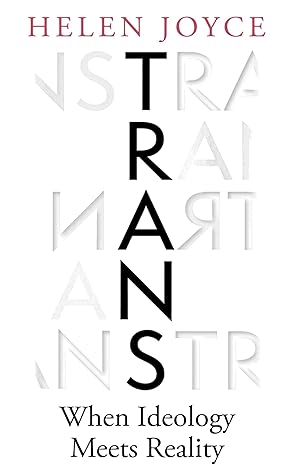More on this book
Community
Kindle Notes & Highlights
So World Rugby arranged a two-day workshop in London in early 2020, at which experts argued for and against including transwomen in women’s rugby. They considered science (sex differences in performance), medicine (how to lower testosterone, and the impact of doing so), law and risk (human-rights arguments for trans inclusion, and the consequences for injury and liability), and ethical and social issues (the losses to transwomen from exclusion and female players from trans inclusion).
What campaigners mean by ‘trans rights’ is gender self-identification: that trans people be treated in every circumstance as members of the sex they identify with, rather than the sex they actually are. This is not a human right at all. It is a demand that everyone else lose their rights to single-sex spaces, services and activities. And in its requirement that everyone else accept trans people’s subjective beliefs as objective reality, it
is akin to a new state religion, complete with
blasphemy...
This highlight has been truncated due to consecutive passage length restrictions.
Similar distortions are visible in the Equal Treatment Bench Book, a quasi-official guide for British judges. It uses jargon that appears nowhere in law, such as ‘gender assigned at birth’. It presents preferred pronouns as compulsory and deadnaming as ‘highly disrespectful’. Never mind that a defendant’s sex and former name may be salient to a case – or that other people in a courtroom may be under oath to tell what they regard as the truth.


